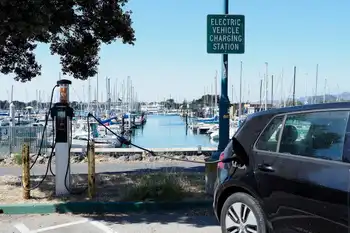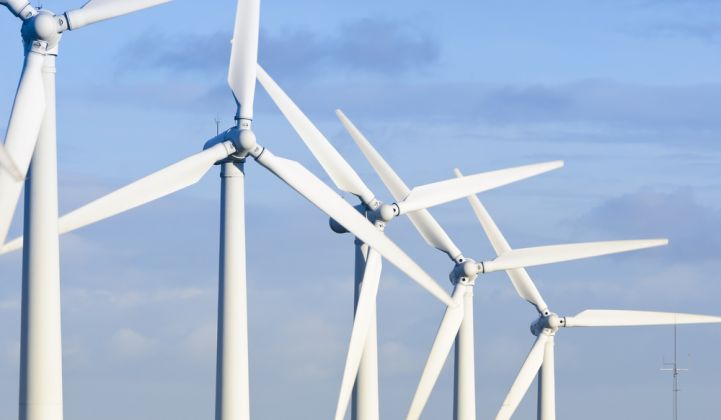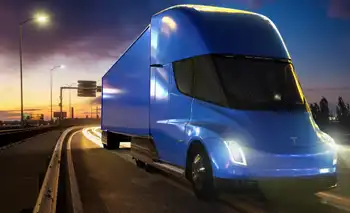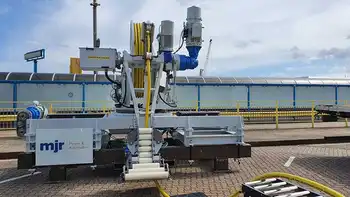B.C. expands EV charging, leads country in going electric

CSA Z463 Electrical Maintenance -
Our customized live online or in‑person group training can be delivered to your staff at your location.

- Live Online
- 6 hours Instructor-led
- Group Training Available
BC EV Charging Network Funding accelerates CleanBC goals with new public fast-charging stations, supporting ZEV adoption, the Electric Highway, and rebates, lowering fuel costs and emissions across British Columbia under the Clean Transportation Action Plan.
Key Points
Funding to expand fast-charging stations, grow ZEV adoption, and advance CleanBC and the Electric Highway.
✅ $26M funds ~250 public fast-charging stations.
✅ Supports Electric Highway and remote access.
✅ Drives ZEV sales under CleanBC targets.
As British Columbians are embracing zero-emission vehicles faster than any other jurisdiction in Canada, the Province is helping them go electric with new incentives and $26 million in new funding for public charging stations.
“British Columbians are switching to clean energy and cleaner transportation in record numbers as part of our CleanBC plan and leading Canada in the transition to zero emission vehicles,” said Josie Osborne, Minister of Energy, Mines and Low Carbon Innovation, on Tuesday. “The new funding we are announcing today to expand B.C.’s public charging network will help get more EVs on the road, reduce our reliance on fossil fuels, and lower fuel costs for people.”
The Province’s newly released annual report about zero-emission vehicles (ZEV) shows they represented 18.1% of new light-duty passenger vehicles sold in 2022 – the highest percentage for any province or territory. To support British Columbians’ transition to electric vehicles and to help industry lower its emissions, year-end funding of $26 million will go toward the CleanBC Public Charging Program for light-duty vehicle charging.
The new funding will support approximately 250 more public light-duty fast-charging stations, including stations to complete the B.C. Electric Highway, a CleanBC Roadmap to 2030 commitment that will make recharging easier in every corner of the province.
The 2022 ZEV Update report highlights CleanBC Go Electric rebates and programs that have helped drive growth in the number of electric vehicles in B.C. The number of registered light-duty EVs rose from 5,000 in 2016 to more than 100,000 today – a 1,900% increase in the past six years. Last year, 30,004 zero-emission vehicles were bought in B.C., beating the previous record of 24,263 in 2021.
In addition, the report outlines progress in the installation of public charging stations across British Columbia, supported by B.C. Hydro expansion, which now has one of the largest public charging networks in Canada, with more than 3,800 charging stations at the end of 2022. That compares to just 781 charging stations in 2016.
The CleanBC Roadmap to 2030, released in 2021, details a range of expanded actions to accelerate the switch to cleaner transportation, including strengthening the Zero-Emission Vehicles Act to require 26% of light-duty vehicle sales to be ZEV by 2026, 90% by 2030 and 100% by 2035 – five years ahead of the original target, and implementing the Clean Transportation Action Plan.
George Heyman, Minister of Environment and Climate Change Strategy, said: “Transportation accounts for about 40% of emissions in B.C., which is why we are committed to accelerating requirements for ZEVs and setting new standards for medium- and heavy-duty vehicles. To support this uptake, we continue to expand B.C.’s electric vehicle charging network, including faster EV charging options, with a target of having 10,000 public EV charging stations by 2030.”
Blair Qualey, President and CEO, New Car Dealers Association of BC, said: “B.C.’s new car dealers are proud to be involved in a true partnership that has been so instrumental in B.C. establishing and maintaining a leadership position in zero-emission vehicle adoption. Ongoing investments that continue to support the CleanBC Go Electric rebate program, including home and workplace charging rebates, and the availability of adequate charging infrastructure for consumers and businesses will be critical to the Province meeting its ZEV mandate targets, while also creating the promise of a greener and stronger economic future for British Columbians.”
Harry Constantine, President, Vancouver Electric Vehicle Association, said: “Expanding the buildout of the Electric Highway and establishing a network of charging stations are critical steps for moving the adoption of electric vehicles forward as demand ramps up across B.C. This stands to benefit all British Columbians, including remote communities. We are very pleased to see the Province investing in these measures.”











